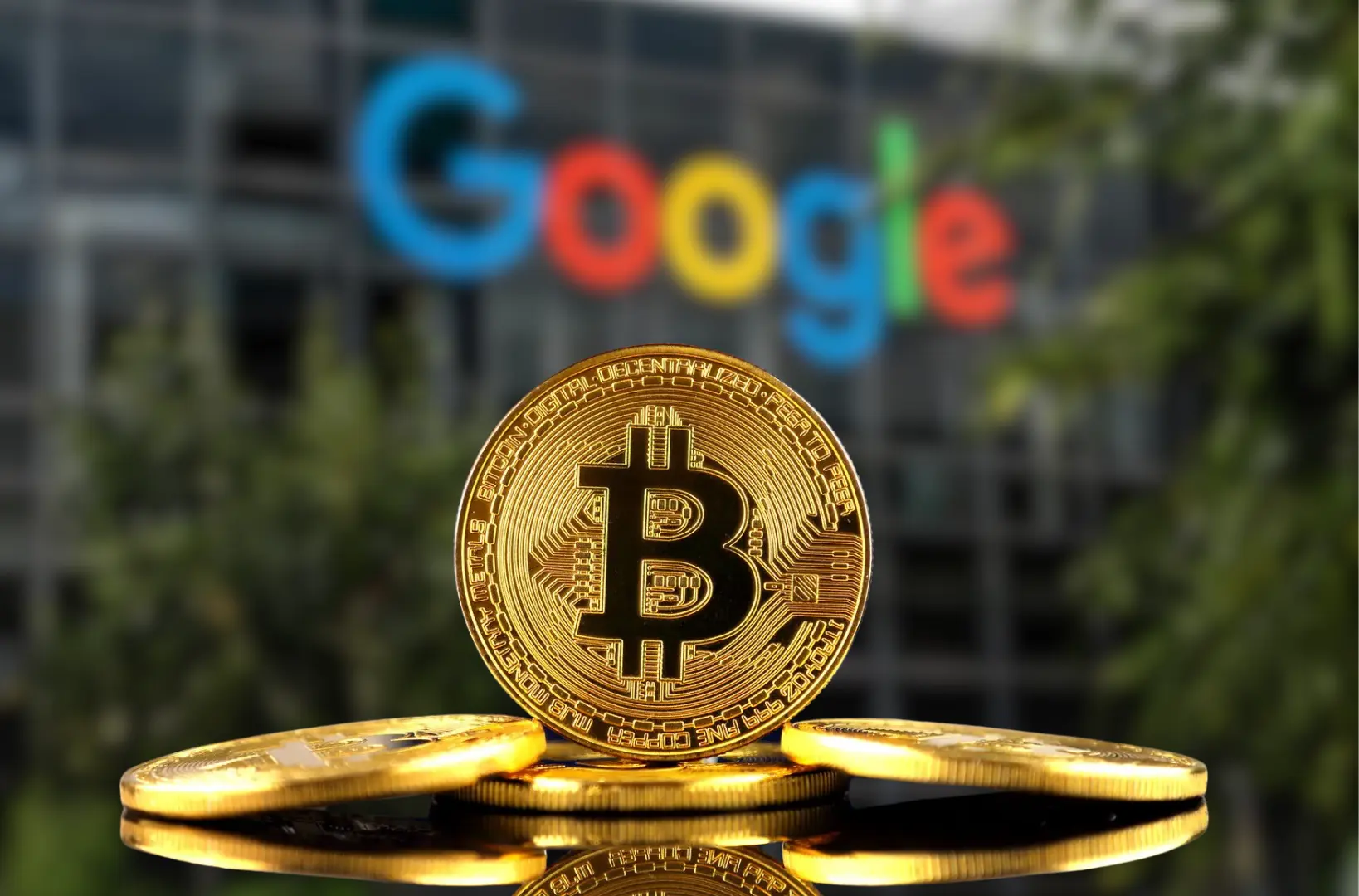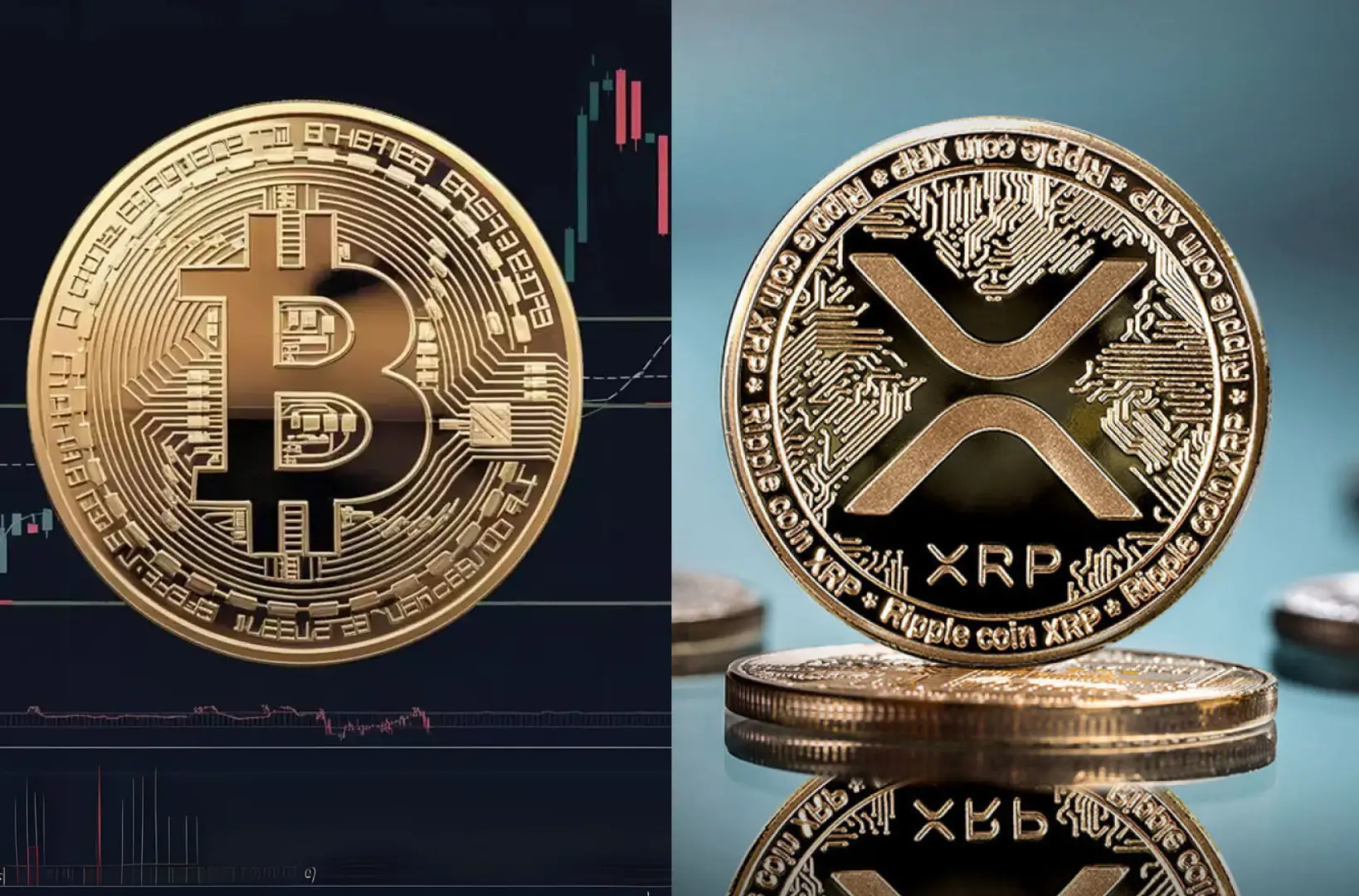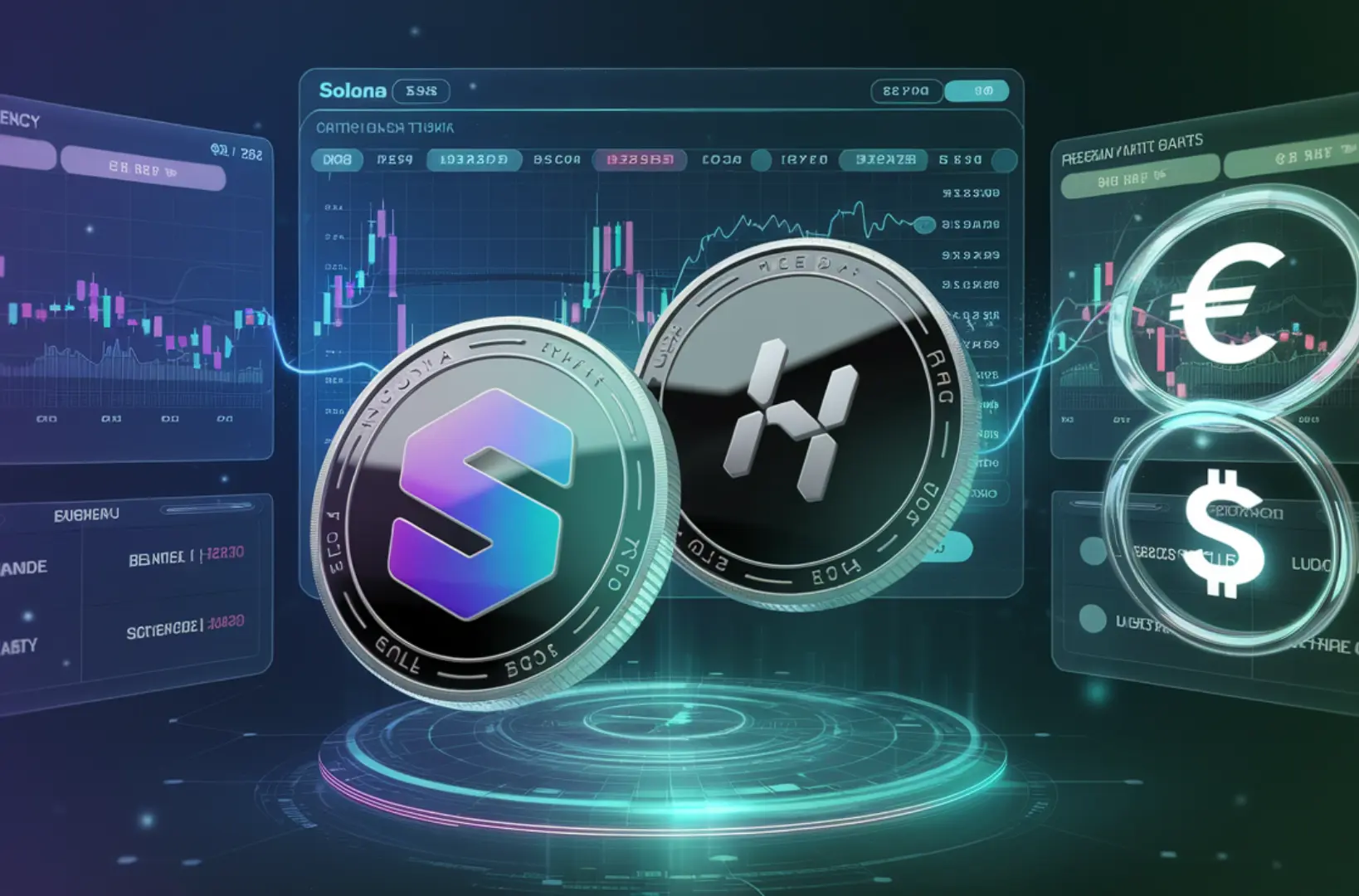The cryptocurrency world is abuzz with a potentially groundbreaking development: Google is reportedly exploring integrating Bitcoin wallet access directly through Google accounts. While details remain somewhat scarce, the implications of such a move are enormous, potentially bridging the gap between mainstream users and the often-intimidating world of digital currencies.
For years, one of the biggest hurdles to cryptocurrency adoption has been the perceived complexity of managing digital assets. Understanding private keys, navigating different wallet interfaces, and the constant fear of losing funds due to a simple mistake have deterred many casual users from venturing into the crypto space. Google’s potential integration could simplify this process significantly. Imagine accessing your Bitcoin wallet with the same familiar login credentials you use for Gmail, YouTube, and other Google services. This streamlined approach could drastically reduce the learning curve and make Bitcoin more accessible to the average person.
This blog post will delve into the potential benefits, challenges, and overall impact of this rumored integration, exploring whether it could be the catalyst for wider Bitcoin adoption.
The Potential Benefits: A Simpler, More Secure Gateway to Bitcoin
The advantages of such integration are numerous and potentially transformative:
- Simplified Access: As mentioned, accessing Bitcoin through a Google account would eliminate the need for users to manage complex private keys or remember intricate wallet addresses. This user-friendly approach could open the doors to a much wider audience, including those who have been hesitant to engage with crypto due to its perceived complexity.
- Enhanced Security: Google boasts robust security infrastructure and multi-factor authentication. Integrating Bitcoin wallets with Google accounts could leverage these existing security measures, potentially offering a more secure environment for users to store and manage their Bitcoin holdings. While no system is entirely impervious to attacks, Google’s expertise in security could significantly reduce the risk of theft or loss compared to less secure, self-managed wallets.
- Increased Adoption: The ease of use and enhanced security could drive mainstream adoption of Bitcoin. By lowering the barrier to entry, Google could introduce millions of new users to the world of cryptocurrency, accelerating its integration into everyday transactions.
- Seamless Integration with Google Services: Imagine using your Bitcoin balance directly to pay for Google services like YouTube Premium or Google Drive storage. Such integration could create a more seamless and integrated user experience, further blurring the lines between traditional finance and cryptocurrency.
- Legitimizing Bitcoin: Google’s involvement would lend further legitimacy to Bitcoin as a viable asset and payment method. This could encourage other major companies to explore similar integrations, further solidifying Bitcoin’s position in the global financial landscape.
- Innovation and Development: This move could spur further innovation in the cryptocurrency space, leading to the development of new and improved wallet solutions, payment gateways, and other related technologies.
The Challenges and Potential Concerns
Despite the potential benefits, Google’s potential integration with Bitcoin wallets also raises some important questions and concerns:
- Centralization: One of the core principles of cryptocurrency is decentralization. Integrating Bitcoin wallets with a centralized entity like Google could raise concerns about control and censorship. Users might worry about Google having too much influence over their Bitcoin holdings.
- Privacy Concerns: Google’s vast data collection practices are well-documented. Integrating Bitcoin wallets with Google accounts could potentially give the company access to even more personal financial data, raising privacy concerns among users.
- Security Risks: While Google’s security infrastructure is generally considered robust, no system is entirely immune to hacking. A successful attack on Google’s servers could potentially compromise the Bitcoin holdings of millions of users.
- Regulatory Scrutiny: Such a move would likely attract increased regulatory scrutiny from governments around the world. Regulators might be concerned about the potential for money laundering, tax evasion, and other illicit activities.
- Custodial vs. Non-Custodial: The nature of the wallet integration is crucial. Will Google be offering a custodial service, where they hold the private keys on behalf of the user, or will it be a non-custodial solution, where users retain control of their keys? The choice will have significant implications for user control and security.
- Competition: Google’s entry into the Bitcoin wallet space could potentially stifle competition from existing wallet providers. Smaller players might struggle to compete with Google’s vast resources and reach.
The Future of Bitcoin and Google’s Role
The rumors surrounding Google’s potential Bitcoin wallet integration represent a significant development in the cryptocurrency landscape. While many details remain unclear, the potential benefits are undeniable. Simplifying access, enhancing security, and driving mainstream adoption could be game-changers for Bitcoin.
However, the challenges and potential concerns cannot be ignored. Privacy, security, centralization, and regulatory scrutiny are all important considerations that need to be addressed. The specific implementation of this integration will be crucial in determining its ultimate impact.
If Google manages to navigate these challenges effectively, this move could mark a turning point in the journey towards mass Bitcoin adoption. It could be the catalyst that bridges the gap between the crypto community and the mainstream, ushering in a new era of digital finance. Only time will tell whether this potential integration lives up to the hype, but it’s undoubtedly a development worth watching closely. The future of Bitcoin and its integration with mainstream technology may very well depend on it.
Suggested Reads:
Adobe’s Firefly AI Video Generator Rivals OpenAI’s Sora
Galaxy S25 vs. iPhone 16 – Which Compact Flagship is Best?
Apple Raises Concerns Over First Porn App on iPhone Under EU Rules

Burhan Ahmad is a Senior Content Editor at Technado, with a strong focus on tech, software development, cybersecurity, and digital marketing. He has previously contributed to leading digital platforms, delivering insightful content in these areas.








